(4 min) Why Traditional Budgets Can Fail Neurodivergent Brains

Let’s cut to the chase: traditional budgeting advice? Dumpster fire for most neurodivergent folks.
If you’ve ever tried to follow one of those cookie-cutter money plans and found yourself spiraling into a black hole of guilt, overwhelm, and forgotten passwords, it’s not because you’re lazy. It’s not because you’re bad with money. And it’s definitely not because you’re broken.
It’s because your brain wasn’t built for that one-size-fits-all nonsense.
Your Brain Runs a Custom Operating System
Think of it this way: neurotypical brains are working off the standard factory settings. Yours? You’ve got the deluxe spicy edition—a custom-built engine that thrives on creativity, novelty, and dopamine. It just doesn’t jive with boring spreadsheets and beige budgeting advice.
This brings us to the magical mayhem of executive function—your brain’s internal CEO.
Her job? Plan your day, start tasks, manage time, resist that 2 a.m. online shopping spiral, and generally keep your life from collapsing into chaos. Let's name her Karen... no that's not a good idea.. let's go with Sharon instead lol
Except… sometimes Sharon just doesn’t show up to work.
That’s called executive dysfunction, and it’s not laziness. It’s not failure. It’s not a moral flaw. It’s your brain waving a tiny flag and saying, “I’m overwhelmed, under-supported, and considering setting this whole structure on fire.”
But Wait, There’s Neuroscience!
Here’s what blew my mind when I was diagnosed (you can read about that here):
For people with ADHD, the frontal lobes—aka the parts of the brain that handle planning, organization, impulse control, and memory—don’t fully mature until around age 35.
For neurotypical folks? That maturity hits around 25.
Yep. A whole ten-year developmental delay.
So if you’ve felt like you’ve been “behind” in the whole adulting game… now you know why. You’re not late. Your brain is just running on a different schedule.
What Executive Dysfunction Really Looks Like
If any of the following feel a little too familiar, congratulations—you might be neurospicy:
- Staring at a simple task for 3 hours instead of spending the 15 minutes it would take to actually complete the task.
- Knowing exactly what to do… but physically unable to get yourself to start.
- Starting a task, then—oops—reorganizing your spice rack instead.
- Opening a tab to pay a bill… two hours later, deep in a YouTube raccoon hole... my Toronto peeps know what I'm talking about here!
- Forgetting events, even with three reminders and a calendar alert.
- Going nonverbal when someone casually asks, “What’s for dinner?”
(Side note: I lived that dinner meltdown life until my partner and I finally agreed that chef-made pre-packaged meals were our salvation. Shoutout to neurodivergent-friendly partnerships everywhere.)
Why Shame Makes It Worse
Here’s the spicy truth: society links productivity with morality. So when you can’t “just do it,” it feels like you’re failing at being a person.
And then come the helpful suggestions:
- “Use a planner.”
- “Set a timer.”
- “You just need to focus!”
- “If you start, you’ll feel better!”
Cool story, Brandon. But have you met my brain?
Executive dysfunction isn’t solved simply by stickers and to-do lists.
It’s not about knowing what to do—it’s about getting your brain to actually do it.
You can have a color-coded calendar with every reminder listed and dates, and still be horizontal in bed, trying to text your landlord back. Why? Because stickers and lists and spreadsheets and journals are all just tools. A toolbox full of tools without a plan for their use is just a jumble, a set of tools without a system results in inefficiency and potential chaos.
Trust me, I was undiagnosed until age 43. I was the queen of tools. And some of the worked, but a lot of them didn't. Not until I learned to put them together into a proper system that worked with my brain, not against it.
Let’s Talk Brain Bandwidth
Your prefrontal cortex—the star of the executive function show—is sensitive.
And if you’re living with:
- ADHD or Autism: Your brain is wired differently.
- Depression: Your energy tank is empty.
- Anxiety: Your brain’s too busy scanning for threats.
- Trauma: Your survival brain runs the show.
- Burnout: Cognitive systems? Offline.
…it’s not that you won’t do the thing. It’s that you can’t, at least not without a nervous system-friendly workaround.
Why Budgeting Feels So Damn Hard
Here’s the thing: if your brain associates money with pain—like the pain of not having enough, making mistakes, or feeling shame over your bank balance—it’s going to hit the eject button every time you try to face it.
Brains avoid pain. Full stop.
That’s why “just budget!” doesn’t work for us. If budgeting feels like punishment, your brain will always reject it.
But if we make it feel good? Safe? Rewarding?
Now that’s something your dopamine-loving brain can get behind.
Enter: The Dopamine Budget™
This isn’t your grandma’s budgeting method.
The Dopamine Budget™ is a feel-good, flexible, and shame-free framework designed for neurodivergent brains. It’s not about strict rules or perfection—it’s about creating systems that work even when your executive function takes a sick day.
We’re talking:
- Rituals over rules – so things feel soothing, not strict.
- Rewards over restrictions – because dopamine is the fuel.
- Progress over perfection – you’re not a robot; you’re a human with needs.
The Dopamine Budget™ is built to flow with your energy, honor your cycles, and work with your nervous system—not against it.
You’ll create loops, anchors, and rituals that eventually feel so natural, it’s like your finances are on success autopilot.
That’s the dream, right?
So, Where Do You Start?
Great question.
Over the next few weeks, I will be releasing excerpts from my new book, workbook, and course: The Dopamine Budget™. The book and companion workbook are expected to be published in Winter 2025/26 both in print and eBook versions on Amazon and on my own publishing website. The course will be in early 2026 and I might even have space to take on 2-3 clients for direct budgeting help!
Want to make sure you never miss a members-only coupon or opportunity to read the books? Subscribe for free and never miss a dopamine-friendly tip again.
In the next few posts, we will be rewinding the tape, deleting the shame-based budgeting BS, and starting from square one. we’ll cover:
- The sneaky money beliefs you didn’t even realize were messing with your mindset
- Budgeting strategies specifically tailored for your gloriously neurodivergent brain
- A zero-judgment, high-compassion approach to building your financial system from the ground up
Remember, you’re not broken. You’re just overdue for a budget that speaks your brain’s language.
Let’s build it together.


